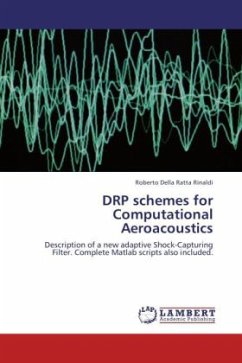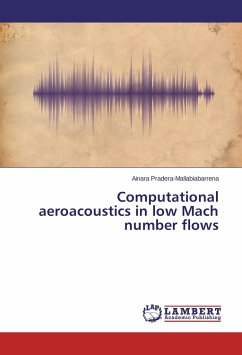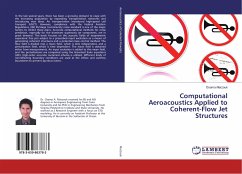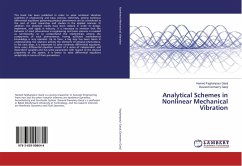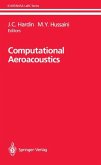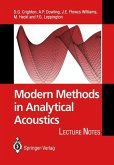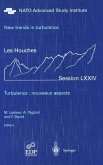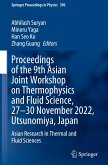The study of flow-induced noise, known as aeroacoustics, is concerned with the sound generated by turbulent and/or unsteady vortical flows including the effects of any solid boundaries in the flow. Flow-induced noise is a serious problem in many engineering applications. The most notorious one is the jet noise. In this work a shock-capturing adaptive filter is designed. It is indispensable with non linear propagation of acoustic waves or in cases when discontinuities are presents. With the combination of Dispersion Relation Schemes, Runge-Kutta optimized algorithm, selective and nonlinear filter it is possible to calculate directly acoustic and aerodynamic field in a single computation, by solving the compressible unsteady Navier-Stokes equations. Actually, traditional theories using acoustic analogy are appropriate for predicting noise when a sufficiently accurate solution of turbulent flow is available. On the contrary, the approach proposed here can be applied to cases when aerodynamic sources are influenced by acoustic motion such as flames, jet or wake instabilities. This work has been done in collaboration with Dr. Christophe Bogey of École Centrale de Lyon, France.
Bitte wählen Sie Ihr Anliegen aus.
Rechnungen
Retourenschein anfordern
Bestellstatus
Storno

